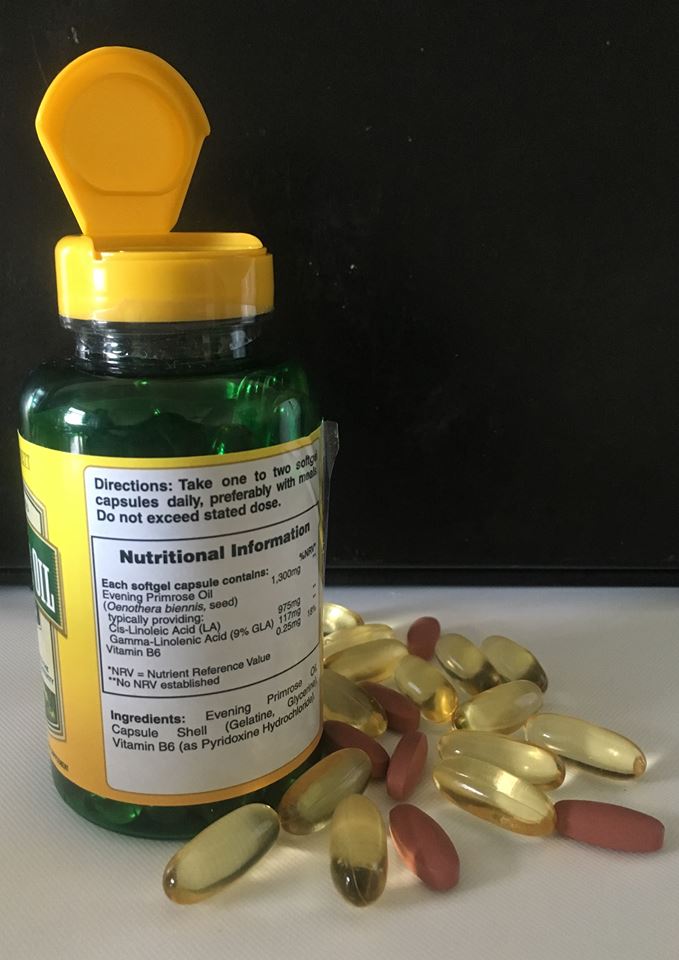By Luke Leckie, Third Year Biology
In a health-obsessed world, is there true value to vitamin and nutrient supplements?
At a time where Britons are more health-conscious than ever, people are willing to shell out some money towards supplements for their perceived health benefits. The vitamin and nutrient supplement market in the UK alone was predicted to be worth £421 million in 2016 and this figure is predicted to rise to £457 million by 2021 (Mintel – ‘Vitamins and Supplements’ report, UK, Sept 2016). There is no question that if you are vitamin or nutrient deficient supplements can be beneficial.

Photo by Epigram / Beth Harris
However, a survey done by the HFMA found that only 17% of people regularly using supplements do so as a consequence of a vitamin or nutrient deficiency. With so many people using supplements, this raises the question: are vitamin supplements beneficial in the absence of a deficiency?
...one popular supplement I found contained 1091% of your RDA for vitamin B1 and 643% for vitamin B6!
The short answer is no. If you have a healthy diet you should be obtaining all of the vitamins you need. In this case vitamin supplements are at best a waste of money, at worst a risk to your health. A quick look at the ingredients of a popular multivitamin supplement showed that it had 100% of your recommended daily allowance (RDA) of vitamins A, B, C, D, and E. If you are obtaining any vitamins from your diet at all in addition to this supplement you would be exceeding your RDA. Many other supplements even exceed your RDA many times over, one popular supplement I found contained 1091% of your RDA for vitamin B1 and 643% for vitamin B6! Exceeding your RDA is not advantageous in any way as the body likely can’t digest and absorb the excess vitamins anyway.
The problems really begin when your vitamin intake is close to the tolerable upper intake level (UL). The UL for a vitamin or supplement is the maximum amount you can consume daily before expecting any negative side effects. Regularly reaching the UL for any given vitamin over the course of weeks or months can result in the accumulation of vitamins in your body, eventually causing toxicity and a range of other potential health problems. The risk of toxicity is greatest for vitamins A, D, E, and K which are all fat soluble so accumulate into our fatty tissue. Chronic vitamin D toxicity, for example can result in a condition known as hypercalcaemia, where the calcium levels in your blood rise resulting in vomiting and in severe cases kidney failure. In recent years there has been a dramatic rise in the reported number of cases of vitamin D toxicity, with over 75% of the total reported cases occurring since 2010 (Taylor and Davies, 2018). So, whilst you may think that more is better, this is not necessarily the case.
There are demographics and lifestyles which have a higher risk of vitamin and nutrient deficiencies where supplements may be beneficial...
There are exceptions, however. Vegetarian and vegan diets are often poor in iron and vitamin B12; deficiencies in either of these can result in serious health consequences such as anaemia. With the rise of vegetarianism and veganism in Veganuary, and the particularly high proportion of both diets amongst students it is important to be aware of these deficiencies and plan your diet accordingly. For iron you should ensure that your diet is rich in beans and dark-leafed vegetables such as kale and spinach. Vegetarians can obtain vitamin B12 from eggs and dairy. However, since vitamin B12 can only be obtained from animal produce, vegans may seriously struggle to obtain any from their diet; in this case it is recommended to take B12 supplements or B12 fortified foods.
Photo by Anastasia Dulgier / Unsplash
For the most part the vitamin and supplement industry is full of quackery and is looking to take advantage of the public’s growing health awareness for profit. Healthy people with balanced non-vegan diets shouldn’t require extra vitamins or supplements. There are demographics and lifestyles which have a higher risk of vitamin and nutrient deficiencies where supplements may be beneficial, however, you should always follow the advice of your doctor and consult them when considering using supplements.
For a comprehensive advice for the use vitamin and nutrient supplements please visit here:
https://www.nhs.uk/common-health-questions/food-and-diet/do-i-need-vitamin-supplements/
Featured Image: Anastasia Dulgier / Unsplash










